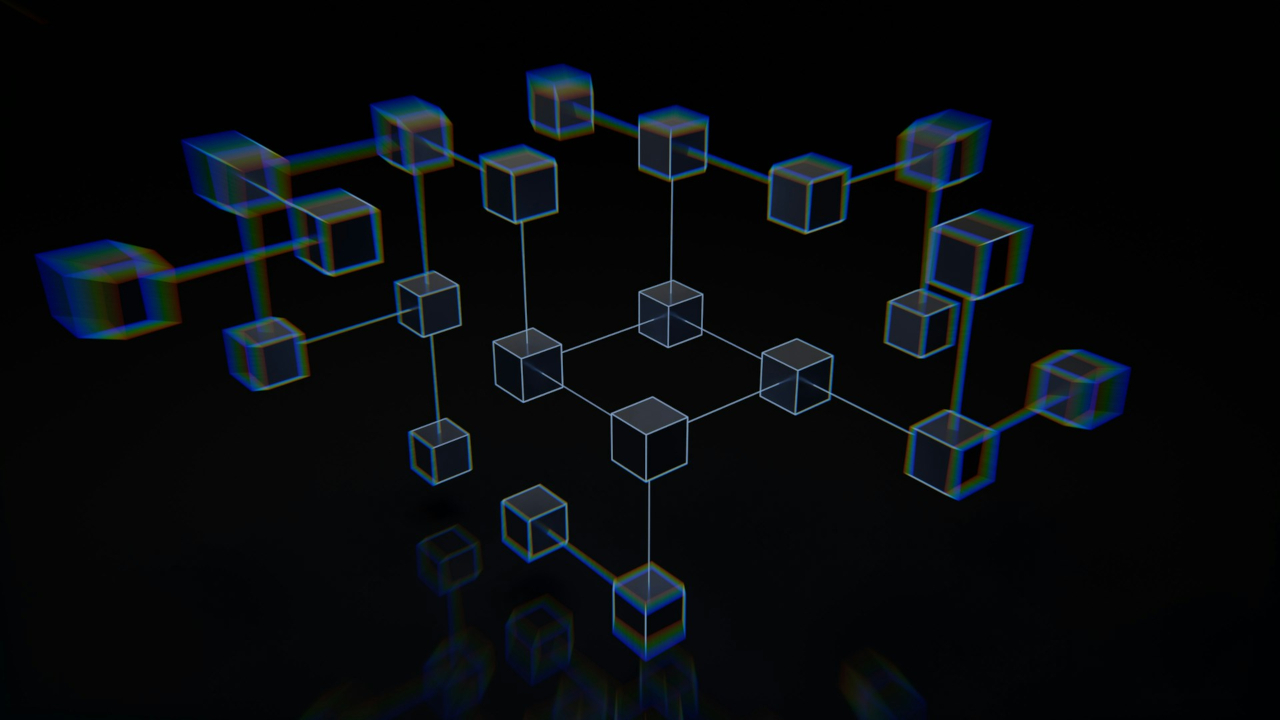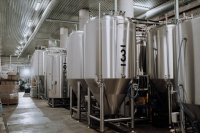What is Cardano?
Cardano is a third-generation blockchain platform designed to be a more efficient alternative to proof-of-work networks. What makes it unique is its two-layer architecture: the Cardano Settlement Layer (CSL) for handling transactions, and the Cardano Computation Layer (CCL) which supports smart contracts and decentralized applications. This separation allows for flexibility in the maintenance and upgrading of the blockchain.
Scientific foundations and peer-reviewed research
Unlike many other blockchain projects, Cardano is built on peer-reviewed research and developed through evidence-based methods. This academic rigor helps ensure the scalability, interoperability, and sustainability of the blockchain. The team behind Cardano collaborates with academics worldwide to continually peer-review updates before implementing them, which significantly enhances the blockchain's security and robustness.
Ouroboros - The heart of Cardano
At the core of Cardano's technology is Ouroboros, an innovative proof-of-stake algorithm. Ouroboros solves the energy-intensive issues associated with the proof-of-work system used by platforms like Bitcoin by selecting validators based on the number of coins a user holds and is willing to "stake" for network integrity. This method not only reduces energy consumption but also increases transaction capacity and speed.
Advantages of Cardano
-
Scalability: Ouroboros allows Cardano to potentially process a higher number of transactions per second compared to other major cryptocurrencies.
-
Interoperability: Cardano aims to enable cross-chain transfers through side chains, which facilitate transactions between Cardano and other blockchains.
-
Sustainability: The Cardano treasury system automatically sets aside a portion of all transaction fees to fund future projects and improvements, voted on by stakeholders, ensuring ongoing development.
Use cases and applications
Cardano's real-world applications are extensive and varied:
-
Finance: Cardano can provide access to financial services for the unbanked or underbanked populations of the world, particularly in developing countries.
-
Education: The blockchain can securely store educational credentials, streamlining verification processes and reducing fraud.
-
Healthcare: Cardano can manage and secure medical records, ensuring privacy and facilitating better patient management for healthcare providers.
Challenges and future prospects
Despite its potential, Cardano faces significant challenges. It competes in a crowded market with established players like Ethereum, which has a more extensive network of developers and applications. Additionally, the slow, methodical pace of development and updates in Cardano can be a double-edged sword, potentially delaying response to market demands.
Cardano represents a significant step forward in the evolution of blockchain technology. Its commitment to scientific rigor, community governance, and an environmentally sustainable approach sets it apart in a tech-driven world increasingly conscious of its ecological footprint. As the platform continues to grow and evolve, it may play a critical role in the future of decentralized applications and systems, impacting industries worldwide by providing secure, scalable, and sustainable solutions.








